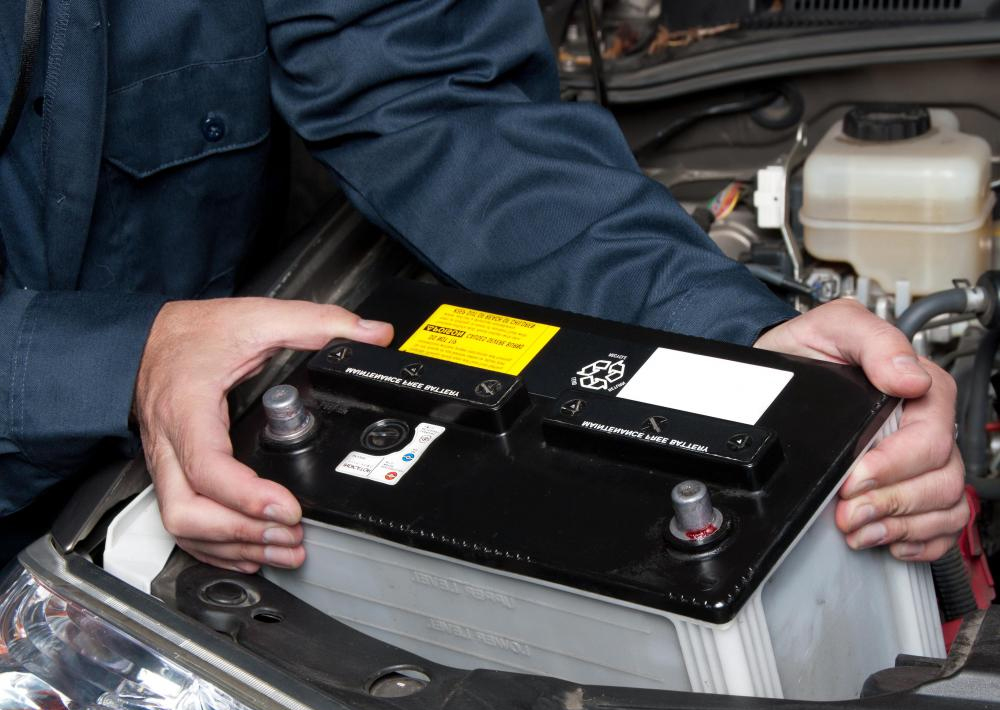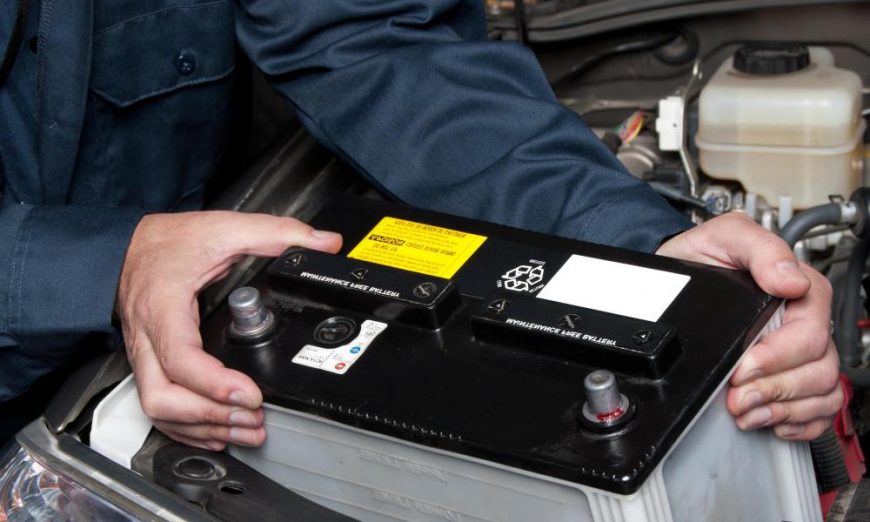
You rely on your car’s battery to start your car every time you turn the key. Whether you are driving to work or just hitting the road for a day of fun, you need to know that your battery is up to the job. Unfortunately, batteries don’t last forever, and even new car batteries will eventually need to be replaced. How long should the battery in your vehicle last? The answer isn’t always straightforward, and in many cases, it isn’t as long as drivers think it should be.
The main function of a car battery is to start your car. Today, most cars have a single maintenance-free 12-volt acid battery. A car battery is rechargeable. It uses its charge to power the vehicle systems while it’s parked and to turn over the engine when you want to start it. Once you start the car, the alternator generates additional electric power to recharge the battery. Over time, a battery loses its capacity or ability to hold charge. One day, a weak battery will not be able to start your car. Often, this happens when the weather gets cold. When the battery is low on charge, a car will need to be boosted to start. To avoid this situation, a battery should be replaced before its capacity drops to a critical level.
A good ballpark figure for car battery life is five years, but there are a number of reasons why you might find yourself replacing your battery much sooner. Depending on the types of journey you tend to take your car on, you could find your battery starting to show signs of age at three years, and become practically unusable after four.
Your car’s battery is used to start the engine when you turn the key. This requires the battery to effectively empty itself in one go, before being slowly charged back up again by the engine. If you constantly make small journeys, the battery will deteriorate faster and need replacing sooner than if you regularly travel longer distances.
Most batteries will have a stamp on them, which tells you the month and year the battery was made so you’ll have an idea of when it needs to be replaced. It’s also recommended to check your car owner’s manual. If you’re lucky in that your car battery does show signs of dying, those may include electrical systems going on and shutting off and the engine cranking low, mechanics say.
While the lead-acid car battery hasn’t changed much in the last 100 years, it’s still a difficult part of the car to check during routine maintenance. Simple battery testers can’t, at this time, muddle through the chemical complexity of what goes on in a battery. Instead, they provide a sort of snapshot of the battery at the time it’s being tested without the context of the battery’s chemical composition before or after the test.
So the rule of thumb is simple for battery replacement: You have approximately four years before the battery will theoretically begin its slide from chemical powerhouse to chemical paperweight. At the four year mark, start watching, and hope your mechanic will detect a problem before it’s too late. But due to the nature of the chemical cocktail inside any battery, it may give out before the four year mark, or maybe it will last for several more years.
